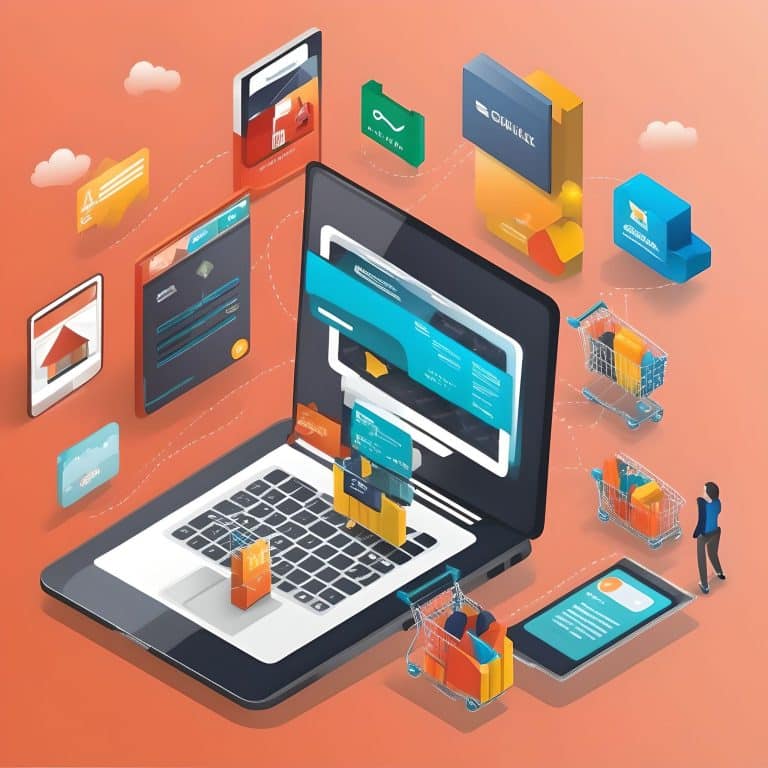The software development community is of the view that software development uses an iterative lifecycle that allows for continuous refinement of the software based on testing and user feedback. Then, even the people working on AI face similar issues and have started adopting an iterative development lifecycle. AI may not change the whole process of building good applications or products; it does have certain aspects to it that make it difficult to apply existing methodologies (as used in traditional software building processes). However, Integrating AI into your business happens one use case at a time. That’s where the small scale of the agile approach can be invaluable.
This blog post will look at the ways & strategies for implementing an agile framework in AI projects.
Understanding Iterative Life Cycle
Having full knowledge about the product requirements for an innovative product can be very hard. Therefore, it is quite common to see beta version launches to understand the next iterations as per the user feedback & data that is collected. This helps to work on features that are most important to the user. It reduces the risk – including, in the case of A.I., the risks of dedicating very significant efforts to building the wrong model, optimizing the wrong metrics, or overshooting the required achievement in any of the metrics.
The iterative life cycle for AI development should be familiar. For it to be effective; requirements need to be understood well beforehand and then the whole process needs to be moved to the development & testing phase. So, once all this is done the deployment and maintenance stage comes.
Using the Agile approach for AI projects
The agile approach is very effective and fast-paced when it comes to development. Furthermore, the collaborative agile methodology breaks down large projects into small, manageable increments or “sprints,” typically of two weeks’ duration. The agile framework leaves a lot of room to experiment and quickly make amends in order to make it fast-paced to reach its objective. The agile process allows one to examine the progress and make iterations if the desired results are not successful. This becomes all the more important in a complex project that is an AI program.
As the AI program grows and reaches closer to maturity, it becomes a lot more difficult to keep using the iterative life cycle. Therefore, from the onset clear guidelines and standards are in the development process.
Understanding the Business Value in AI project
One needs to understand what the business objective is. Whether, it is reducing customer churn rate, streamlining a business process, anticipating issues well in advance, clarity in the end business goal, etc. Whatever the business objective be, it is imperative to define it well beforehand to assess the progress. Also, it is important to run a basic cost-benefit analysis to ensure that the result will deliver enough business value to justify the effort and take time to properly scope out your project requirements before beginning to build the solution.
Understanding Team’s AI Capabilities
Once there is a deep understanding of the objective of the project, the next step is to understand the team’s capabilities in handling AI projects. Curiosity, creativity, and open minds are essential ingredients in successful AI projects. And, soft skills, such as communicating the business value of the project, can be just as important as data science. There are two most essential skills that people working on AI projects should possess. These are:
- Domain Expertise: It requires subject matter experts with a clear understanding of the business requirements and expectations.
- Data Science Skills: Data scientists are the ones creating workable models and algorithms. This is used to make machine learning models more robust. These models need regular updating and upgrading to get desired results.
Since AI projects are inherently interdisciplinary, people from a variety of backgrounds can bring complementary skills and insights to the table. An AI project may present an attractive opportunity for internal people who want to “re-skill” and move into the field.
Making the Best Use of AI
A growing record of small successes can be a persuasive argument for continuing or expanding your AI program. A growing record of small successes can be a persuasive argument for continuing or expanding your AI program. Business Automation is ever-changing the means through which a company operates. Systems, methods, workflow, and production are all assessed & modified to be more robust. It is important for business growth – it provides businesses a chance to “untie even a lot of potential” by reaching new customers with the smallest operational overhead, rising from finance, marketing & give better client service. The race for AI advantage has already begun. Make sure you know what you need to compete.




